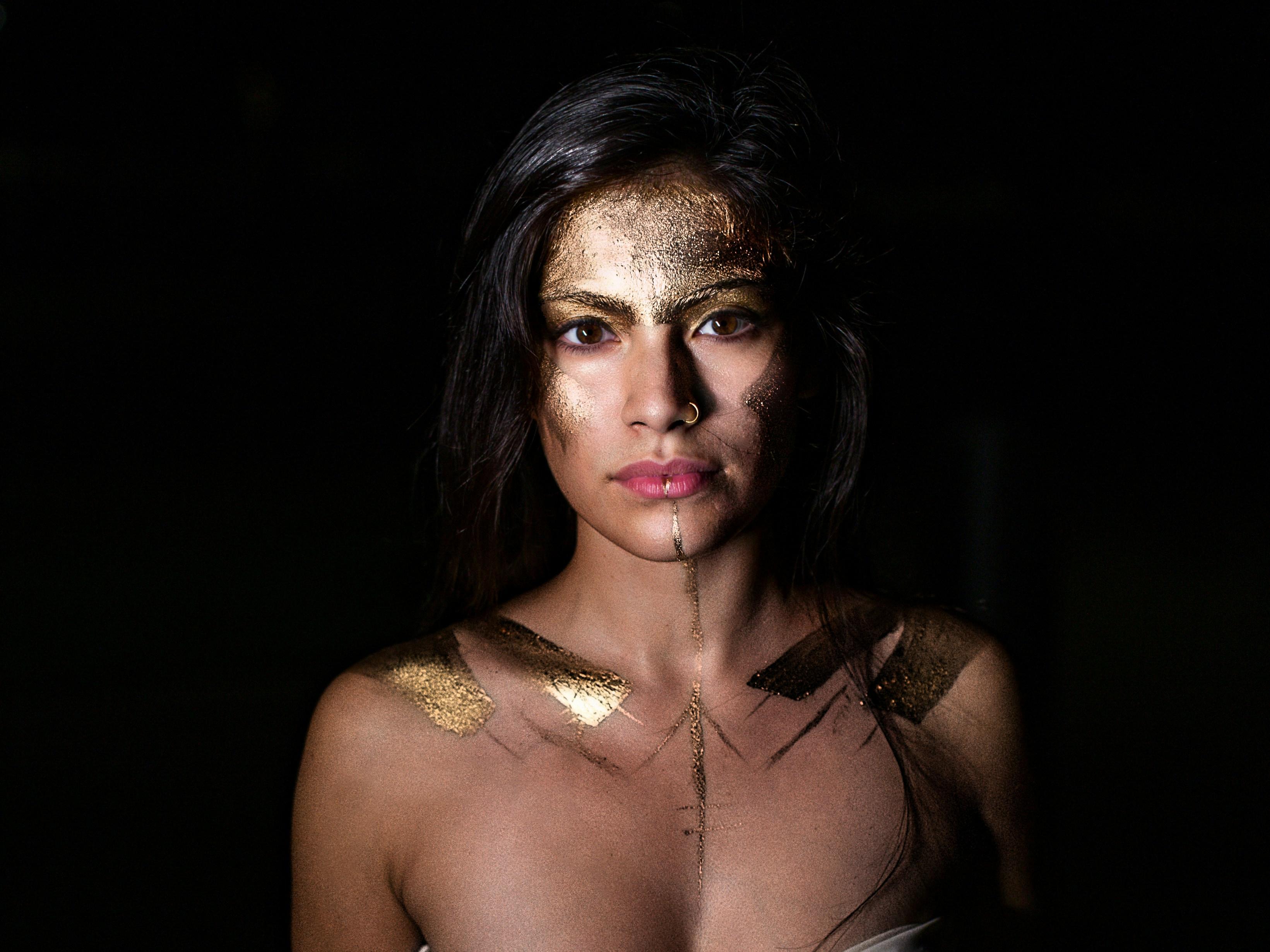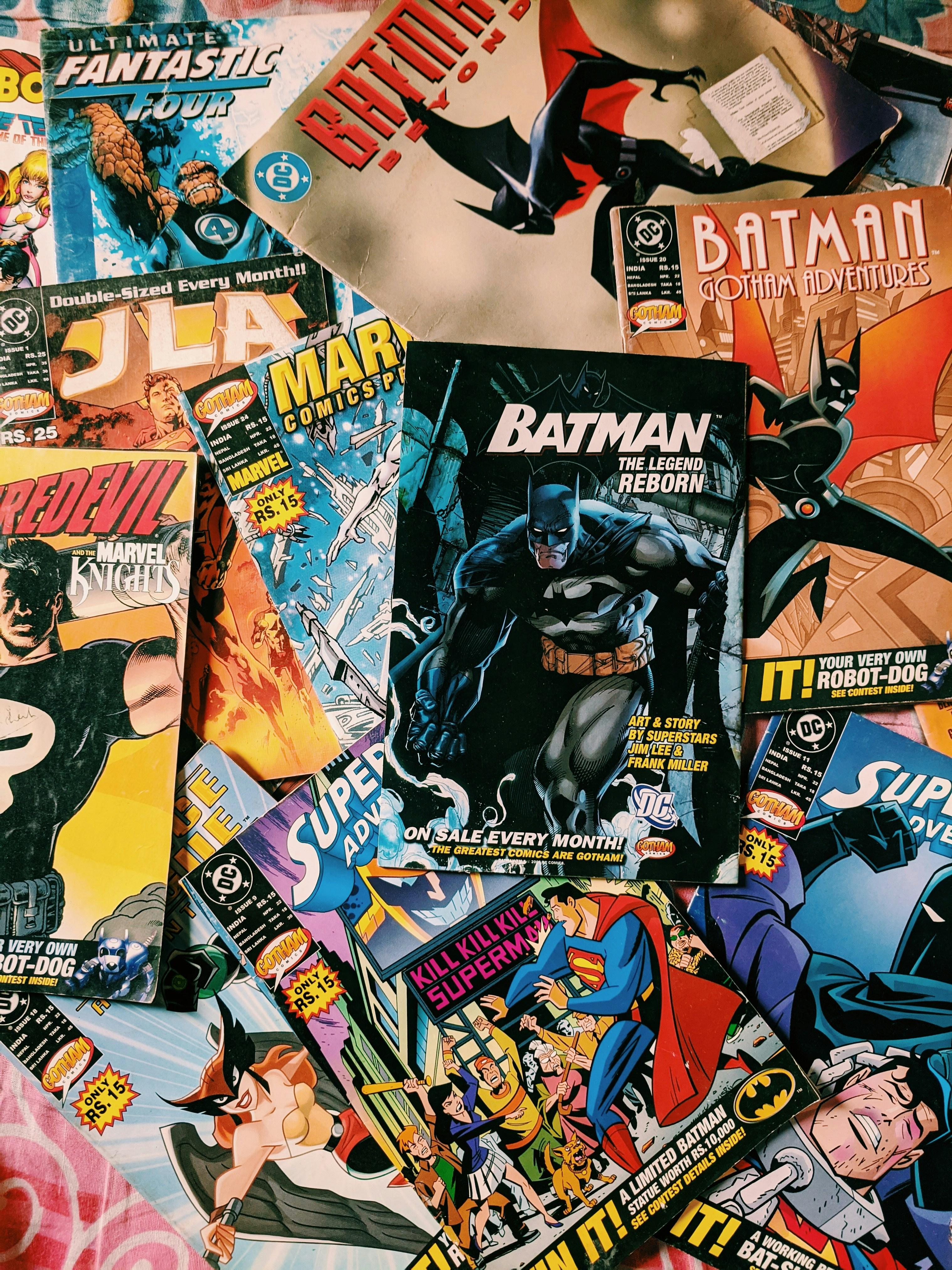In the pantheon of superhero mythology, Wonder Woman stands as a symbol of empowerment, justice, and strength. Since her debut in 1941, she has been celebrated as a trailblazer for female representation in a genre traditionally dominated by male characters. However, the question of whether Wonder Woman is truly a feminist icon or simply another action hero cloaked in cultural symbolism invites a more nuanced exploration. As society continues to evolve in its understanding of gender roles and representation, the legacy of Wonder Woman demands scrutiny. Does she embody the principles of feminism, or does she merely serve as a palatable representation of female empowerment that conforms to mainstream expectations? This article delves into the complexities of her character, examining the cultural, historical, and narrative factors that contribute to her status as a feminist figure—or lack thereof. Through this critical lens, we aim to uncover whether Wonder Woman’s legacy genuinely advances feminist ideals or if it remains confined within the traditional frameworks of superhero storytelling.
Exploring Wonder Womans Origins and Feminist Roots
To understand the extent of Wonder Woman’s role as a feminist icon, it’s crucial to delve into her origins and the ideals she was meant to embody. Created in 1941 by psychologist William Moulton Marston, Wonder Woman was conceived as a counterpoint to the male-dominated superhero landscape. Marston, influenced by early 20th-century suffragist movements, designed her character to symbolize strength, compassion, and equality. Unlike her male counterparts, Wonder Woman wielded power not through brute force but through her wisdom, diplomacy, and a deep commitment to justice. Her original storyline included elements of matriarchal society and peaceful resolution, suggesting an early feminist intent.
- Empowerment: Portrayed as a warrior princess from Themyscira, she challenged gender norms by combining physical strength with empathy.
- Equality: Her creation aimed to inspire both women and men to seek equality, transcending traditional gender roles.
- Evolution: Over the decades, her character has evolved, sometimes aligning more with mainstream superhero tropes, raising questions about the dilution of her feminist roots.
However, the complexity of Wonder Woman’s representation has sparked debates about whether she remains a genuine feminist symbol or has become just another action hero. The fluctuating nature of her narrative and visual portrayal—sometimes emphasizing traditional beauty standards and at other times focusing on her strategic prowess—has left her legacy open to interpretation. As a character deeply embedded in pop culture, her role continues to reflect and challenge societal attitudes towards gender and power.

Analyzing Wonder Womans Impact on Modern Feminism
Wonder Woman’s influence on modern feminism is a multifaceted subject, sparking debates about her role as a feminist symbol versus a traditional action hero. On one hand, her character embodies empowerment, independence, and strength, breaking stereotypes of female characters in a male-dominated genre. Wonder Woman was conceived during the 1940s, a time when women were largely relegated to domestic roles. Her creators envisioned her as a beacon of hope, embodying feminist ideals of equality and justice. Her portrayal in recent films continues this legacy, showcasing her as a leader, warrior, and compassionate figure. This resonates with contemporary feminist movements, advocating for the dismantling of gender norms and the promotion of female agency.
However, some critics argue that her representation is not without flaws. Points of contention include:
- The emphasis on her appearance, which some view as conforming to unrealistic beauty standards.
- The notion that her strength is often portrayed through the lens of male validation.
- The commercialization of her image, which can dilute her feminist message in favor of marketability.
While Wonder Woman undeniably contributes to feminist discourse, her impact is complex and nuanced. Her role as a feminist icon is both celebrated and scrutinized, reflecting broader discussions within feminism about representation and authenticity.

Comparing Wonder Woman to Other Female Action Heroes
- Complexity of Character: Unlike many female action heroes who often fall into stereotypical roles, Wonder Woman is portrayed with a depth that explores her internal conflicts, moral dilemmas, and cultural heritage. While characters like Black Widow and Lara Croft have rich backstories, they sometimes lack the same level of narrative focus on personal growth and ethical challenges that Wonder Woman embodies. This complexity allows Wonder Woman to transcend the typical action hero archetype, presenting her as a more relatable and aspirational figure.
- Symbolism and Cultural Impact: Wonder Woman carries a unique cultural significance that many of her contemporaries do not. She is not just a warrior but a symbol of peace, justice, and equality. Characters like Ripley from “Alien” and Sarah Connor from “Terminator” are celebrated for their strength and resilience, yet they are often framed within survivalist narratives. Wonder Woman, on the other hand, operates from a place of empowerment and advocacy, using her strength to challenge societal norms and fight for a broader cause. This symbolic role enhances her standing as a feminist icon beyond just her physical prowess.
- Representation and Legacy: While many female action heroes have made significant strides in representation, Wonder Woman stands out for her enduring legacy and impact on popular culture. She has been a part of the feminist discourse for decades, serving as a beacon of female empowerment long before many of her peers emerged. Her influence extends beyond comics and films, inspiring movements and dialogues about gender equality and women’s rights, setting a precedent that many action heroes strive to follow.

Recommendations for Strengthening Wonder Womans Feminist Legacy
To truly honor Wonder Woman’s status as a feminist icon, several strategic enhancements could be made to her narrative and portrayal. First, diversifying her creative team is crucial. By involving more female writers, directors, and artists from varied backgrounds, the storytelling can gain richer perspectives, ensuring that her character development resonates with a wider audience. This approach not only amplifies the authenticity of her feminist ideals but also broadens the scope of her influence beyond traditional boundaries.
Additionally, expanding her storylines to tackle contemporary feminist issues could significantly bolster her legacy. Topics such as gender equality, intersectionality, and empowerment in the face of adversity should be woven into her adventures. This would not only keep the character relevant but also inspire a new generation of viewers and readers. Furthermore, fostering collaborations with real-world feminist movements can ground her character in today’s societal context, making her more than just a symbol but an active participant in the fight for gender justice.
